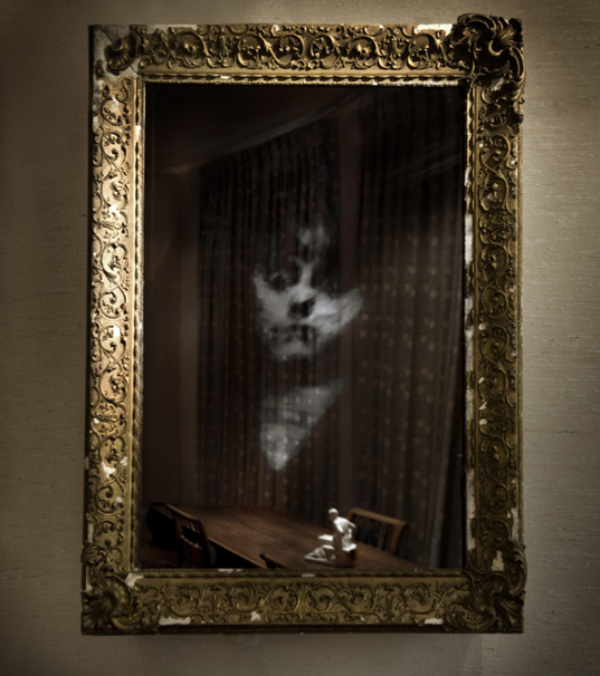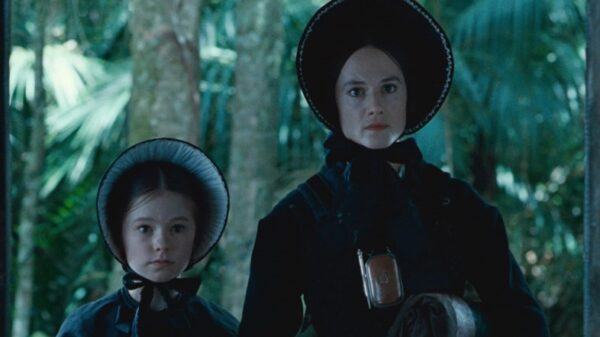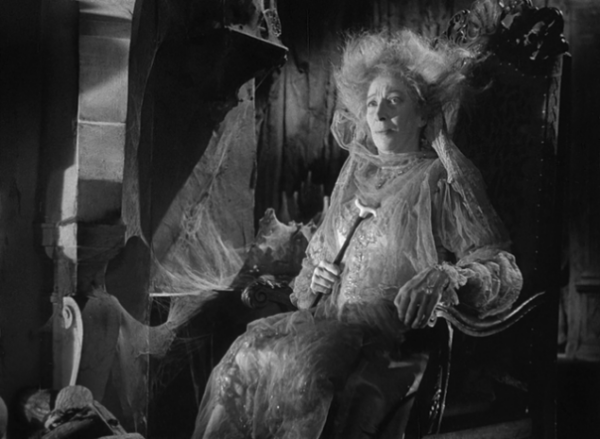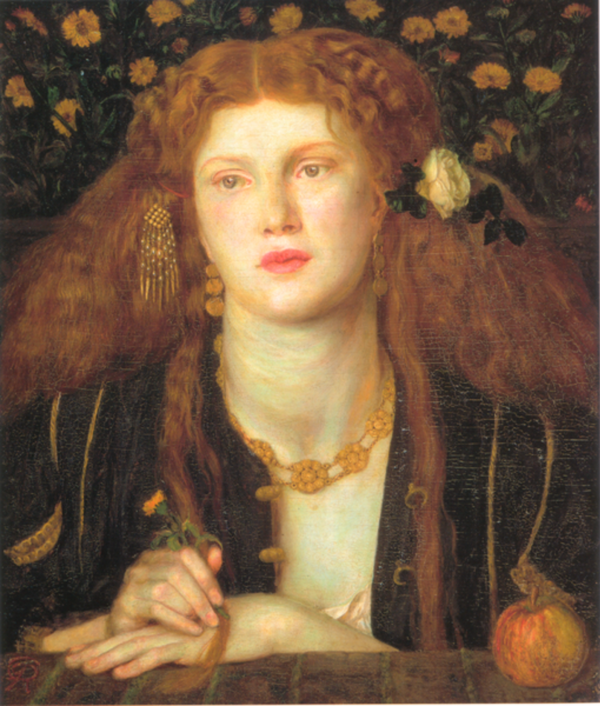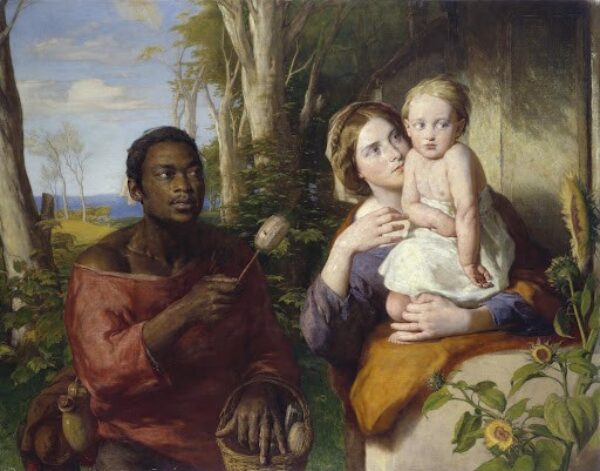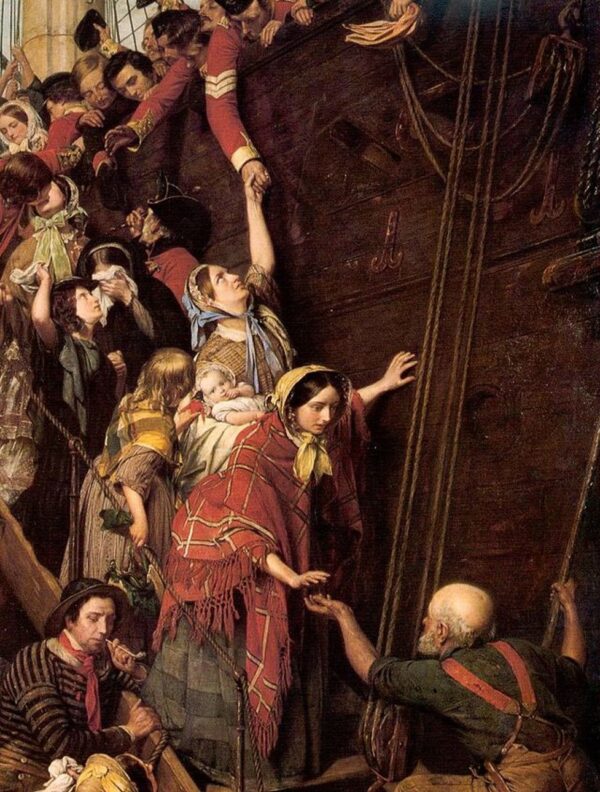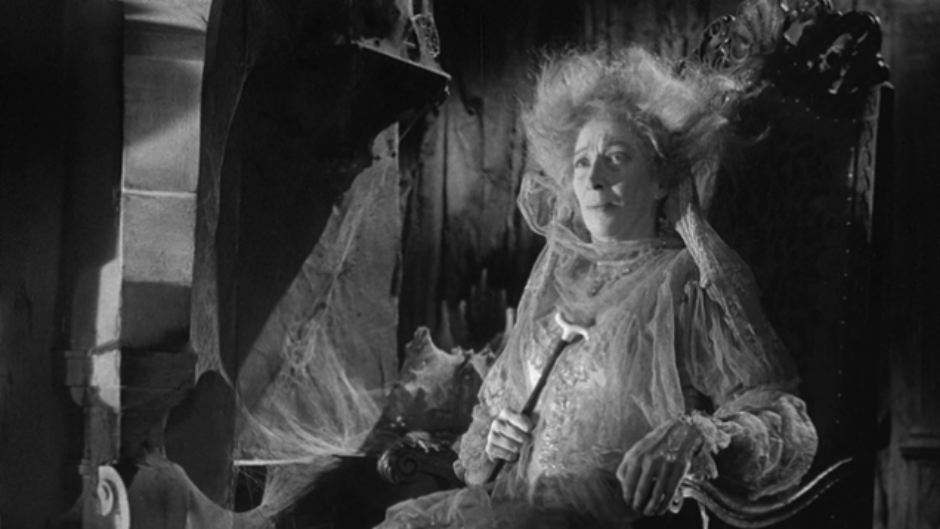Applicants to this Special Option are eligible to apply for a Manton M.A. Scholarship for Studies in British Art
More than any other period of its history, the Victorians haunt British culture. Since the middle of the nineteenth century, successive historical moments have returned to the notion of the ‘the Victorians’ and redefined it, in order to address their own priorities and concerns. This course is designed to examine some of the ways in which different historical periods have understood and reworked the Victorian art and culture. The chief focus of the seminars is on the visual arts in the middle decades of the nineteenth century and key moments of re-engagement in the twentieth century and in recent decades.
Through a selection of case-studies the course will examine themes – such as the city, sexuality and empire – and forms – realism, medievalism and modern life – in Victorian art and culture, alongside moments such as the early-twentieth century, the 1940s and 1950s, and postmodernism, when the visual arts reexamined the Victorian and projected their own identities through the filter of the nineteenth century. The course challenges the idea that there is a stable and unified concept of ‘the Victorians’ and proposes that different periods have fashioned this complex concept in the image of their own social, political and cultural values.
The course introduces some key concepts in nineteenth-century art and culture in order to consider how the Victorians themselves produced an image of the period as a distinct epoch, using history and visual culture to disseminate a specific representation of the period. It also examines work produced across the twentieth century and in this century – in art, literature, film and broadcasting media – that has engaged with a revision or critique of ‘the Victorians’ and asks what version of ‘the Victorians’ we are currently creating. The content of the course is, necessarily, selective but students are invited to draw on their own intellectual and cultural experiences to expand the scope and critical analysis offered in the seminars.
In the event that a course leader is on sabbatical, takes up a fellowship, or otherwise is not able to teach the course, they will be replaced by another experienced course leader either for a semester or, in some cases, the academic year.
Please note: whilst many Special Options will include site visits within the UK and further afield, these are subject to confirmation.
Course Lead
